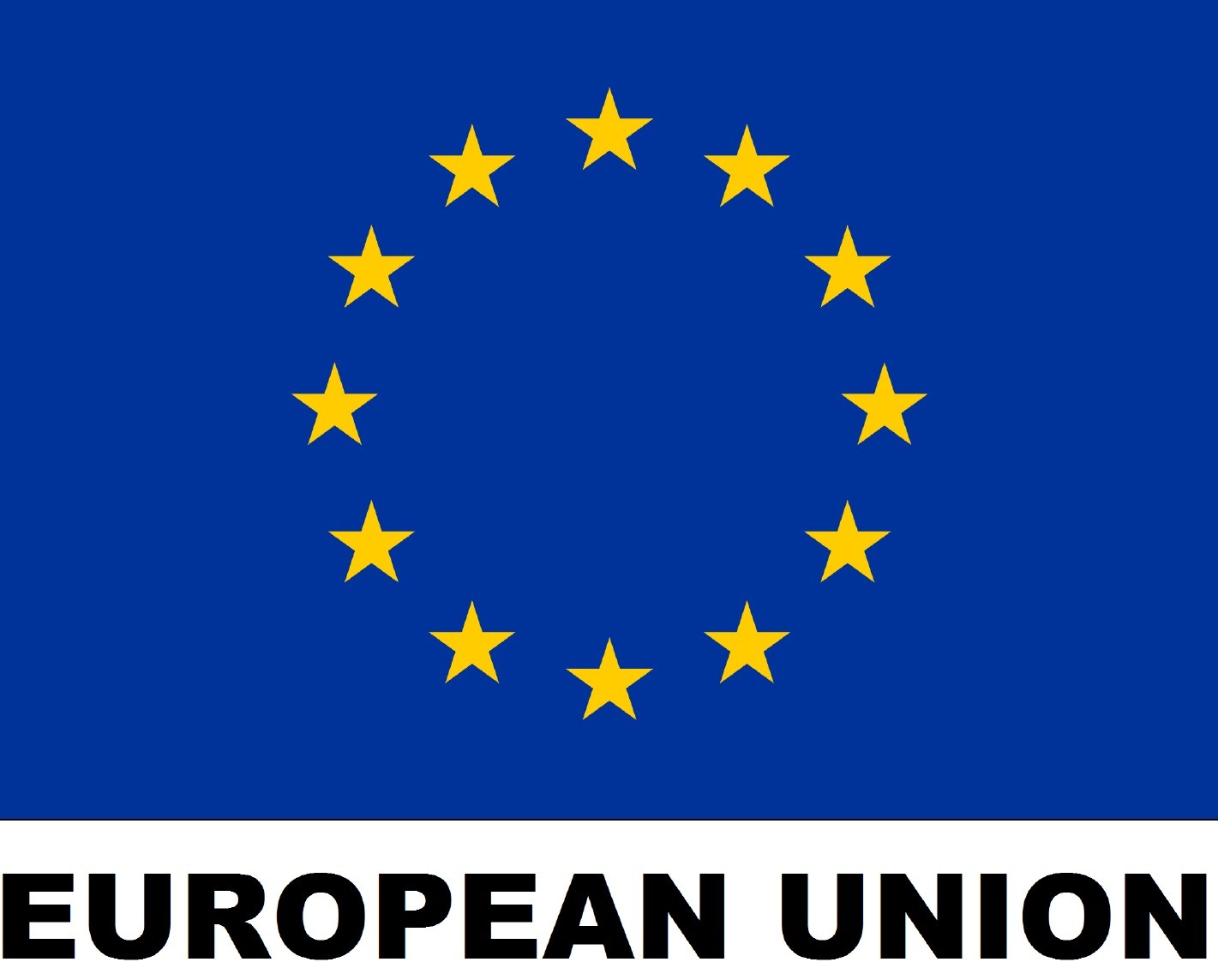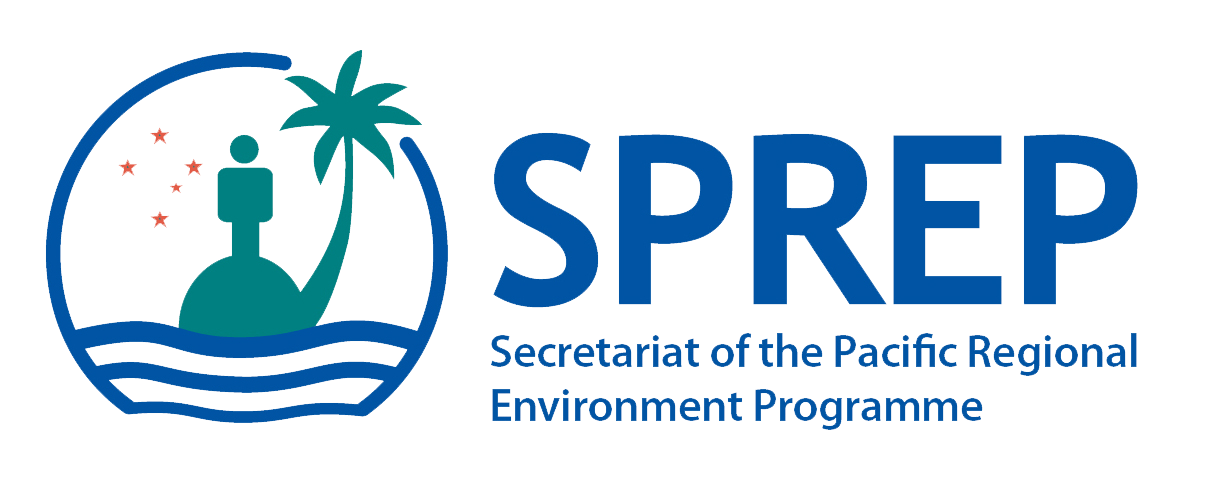GCCA+ in the Pacific
The €11.4 million GCCA: PSIS (Pacific Small islands states) project supported the governments of the nine small Island states and regional bodies’ efforts in tackling the adverse effects of climate change.
The purpose of the project was to promote long-term strategies and approaches to adaptation planning and pave the way for more effective and coordinated aid delivery to address climate change at the national and regional level. The project implementation period was from 2011-2016 and was implemented by the Pacific Community (SPC) in partnership with governments and peoples of nine participating countries.
For more information visit, http://ccprojects.gsd.spc.int/eu-gcca-psis/
The GCCA Intra-ACP Programme dedicated 8 million euros to a four-year programme with the University of the South Pacific (USP) to address climate change in the Pacific ACP States. The programme began in 2011 and ended in mid 2015. It was implemented through the USP Pacific Centre for Environment and Sustainable Development (PACE-SD) and the Secretariat of the Pacific Regional Environment Programme (SPREP).
For more information visit, https://pace.usp.ac.fj/projects/eugcca-project/
The Global Climate Change Alliance Plus (GCCA+) Scaling up Pacific Adaptation (SUPA) is about scaling up climate change adaptation measures in specific sectors supported by knowledge management and capacity building. The 4.5 year project (2019-2023) is funded with € 14.89 million from the European Union (EU) and implemented by the Pacific Community (SPC) in partnership with the Secretariat of the Pacific Regional Environment Programme (SPREP) and The University of the South Pacific (USP), in collaboration with the governments and peoples of 10 participating countries.
The Global Climate Change Alliance Plus Intra ACP – Pacific Adaptation to Climate Change and Resilience (GCCA+ Intra ACP PACRES) aims to ensure better regional and national adaptation and mitigation responses to climate change challenges faced by Pacific ACP countries. The project is implemented jointly by the Secretariat of the Pacific Regional Environment Programme (SPREP), the Pacific Islands Forum Secretariat (PIFS), the Pacific Community (SPC) and The University of the South Pacific (USP).






